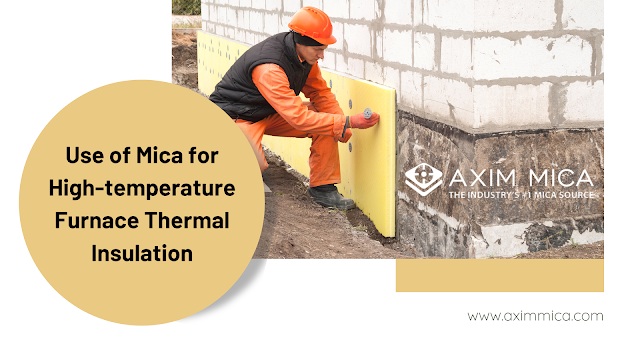How is Mica Used for Electric Vehicle Battery Insulation?

Electric vehicles are the future. The ban on petrol and diesel vehicles is going to roll out by 2030. Thus, the transition to electric vehicles is inevitable. Electric vehicle technology is still in the early stages and thus expensive. Apart from making efficient battery systems, manufacturers need to ensure that electric vehicle battery systems are safe. The electric vehicle battery pack needs to be insulated thermally and electrically to ensure safety. In this post, we will look at how mica material is used for electric vehicle battery insulation. Mica Battery Pack Insulation Mica battery pack insulation is used as a high-temperature incombustible barrier around battery packs and to electrically insulate the battery pack from other critical components of an electric vehicle. Axim Mica mica car battery pack insulation comes with the UL-94 rating and CE and ROHS certifications. You can partner with Axim Mica to design a customized battery pack insulation. Axim h...


.png)